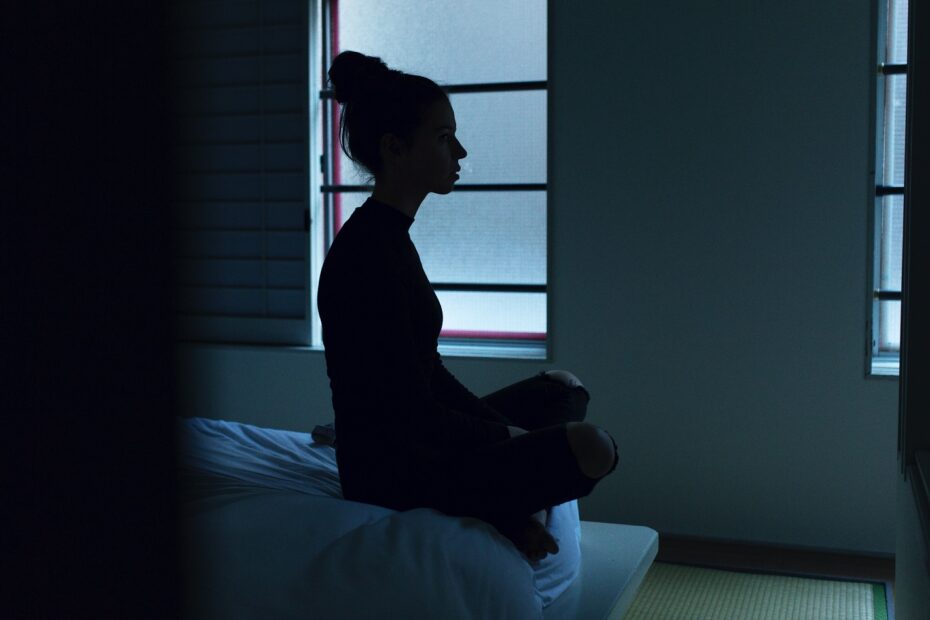This write-up is about mental health awareness, and probably a timely one at that as the World Health Organization has declared October 10th as World Mental Health day, a day dedicated to bringing awareness to mental health issues worldwide and to rally the efforts to support mental health.
Mental health awareness and the support for individuals who need it is an important aspect of society that cannot be overlooked. However, it doesn’t help that in Asian families, mental health and any topic pertaining to it is usually a taboo subject when I was growing up and even up till today. When one talks about mental health topics such as depression, anxiety, or personal breakdowns and even having suicidal thoughts, it is often thought to be embarrassing and should not be talked about openly. As the saying goes, it would be akin to “airing your dirty laundry in public” for others to see and make judgments on you, and your family. That a person affected by mental health issues would be deemed unfit to function and should be demoted.
We should note also that there has been a higher strain on people’s mental health due to the Covid pandemic stretching way over a year, and it has not been easy for most people, be it our medical staff who battled daily cases of casualties and chronic illnesses suffered by Covid patients, to loved ones being separated from each other due to lockdowns, or the lack of outdoor and physical activity for many families, especially those with young children cooped up at home, that may cause an increase in fights at home and anxiety among parents.
When someone talks about mental health issues we immediately think about someone who has schizophrenia, multiple personality disorders, or is totally incoherent, and yes I acknowledge that there are some extreme cases such as these. However, most of the time it presents itself in more common forms that should also be checked out by professionals and get the support needed.
In my personal opinion, people are not always 100% ‘sane’ or lucid, in whatever sense you may call it, to be within the normal operating range, or fit a mold of expected behavior. Ignoring someone’s feelings and shying away from them when it appears ‘abnormal’ does not help and tend to contribute to more mental health issues around us. Instead, the understanding of why and how someone may be affected mentally would be better, as we can then choose how best to treat and support them. As mentioned above, many of us are also affected by some form of mental health issue as it can come in many forms, that can range from any of the below types.
Depression.
Postpartum depression.
Anxiety and panic attacks.
Anger management.
Hoarders (of physical items).
Shopping addiction.
Sex, pornography, and alcohol addiction.
Body dysmorphia.
Trauma and Post-Traumatic Stress Disorder.
Feelings of worthlessness.
Grief.
Loneliness.
Does it hit closer to home now?
Maybe, just maybe, we are all a little, ever the slightly loony, but we managed to perform according to society’s acceptable level of normalcy.
What I mean to say is, you do not want to box these people into a corner of society and leave them there to stagnate. Think about it, what if one day you or a family or friend crosses that ‘sanity’ border or threshold you set up in your mind over to the other side, wouldn’t you want yourself and your family member to be supported instead of being talked about in hushed tones and given a side-eye from others when they pass you by?
So, how do we help?
For starters, train yourself to recognize the warning signs, in yourself and others.
Acknowledge their thoughts and situation, talk about openly and matter of factly with less judgment, and if needed, direct them to health care professionals, or try to be supportive and see where you can fit in to help them.
We may not be trained to handle some of these cases, and in those instances, we need to be careful not to overstep the boundaries and cause more harm to them, or get dragged down ourselves. But ‘boo-hoo-ing’ and gossiping about someone who needs and seeks mental support during a rough patch in their lives, really has no benefit to you or others, other than painting yourselves as an ignorant speck of a person.
Lastly, keep a check your own mental health, do you have risk or have a tendency to slip down the slippery slope of your mind? In my case, I realized I have a predisposition to be anxious and panicky, and I had to literally walk myself step by step in my head via my internal monologues on why I feel the way I feel, then objectify it and put it into a compartmentalized box (one of many) to be dealt with accordingly with the appropriate methods.
How do you derive this method of resolution? By getting support and learning from others on how they managed their anxiety, and this can only come about if people are open to talking about mental health topics.
So, please do yourself and others a favor, stop stigmatizing mental health topics, and start talking about them openly and support your own and others mental health needs.

